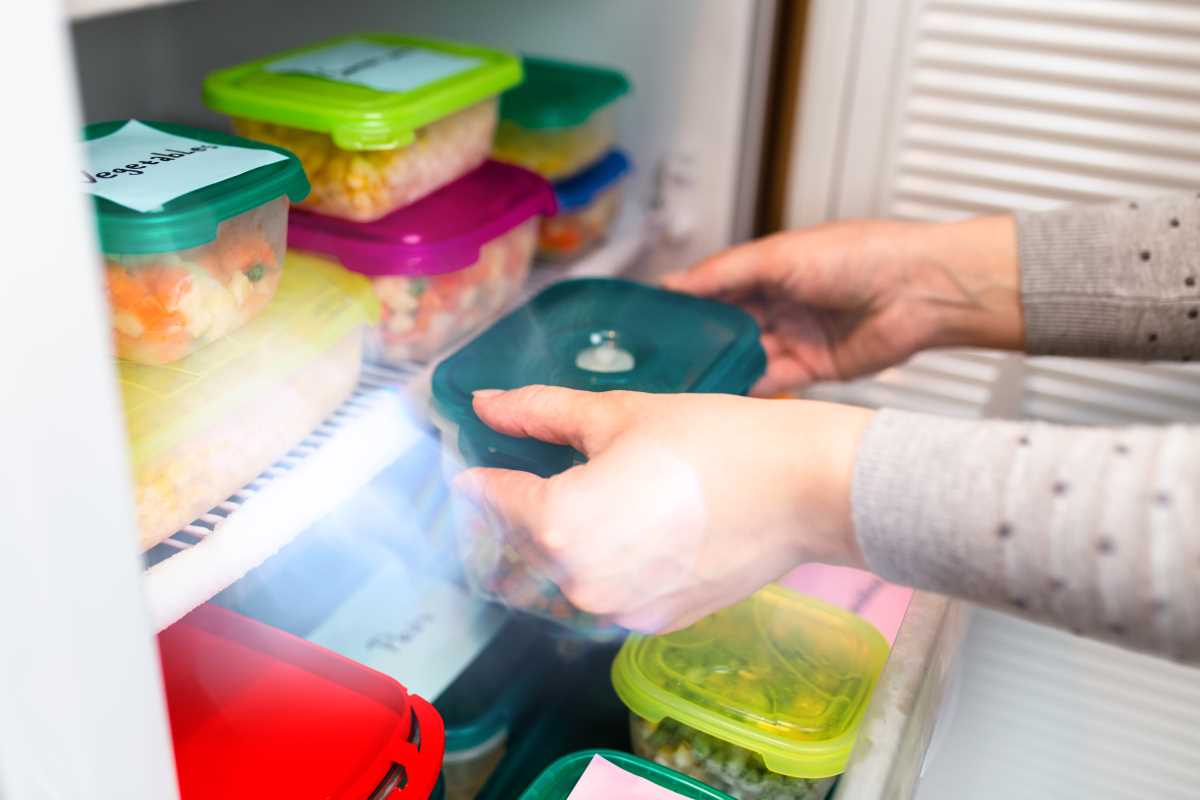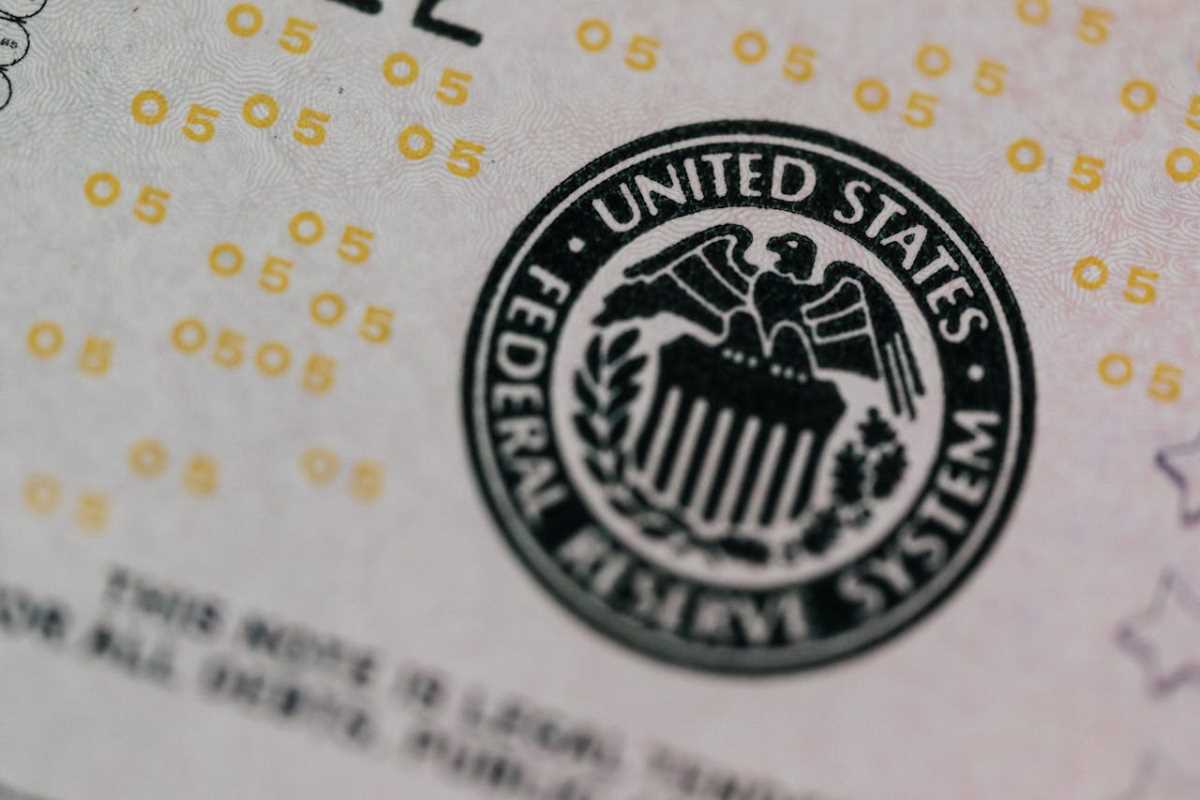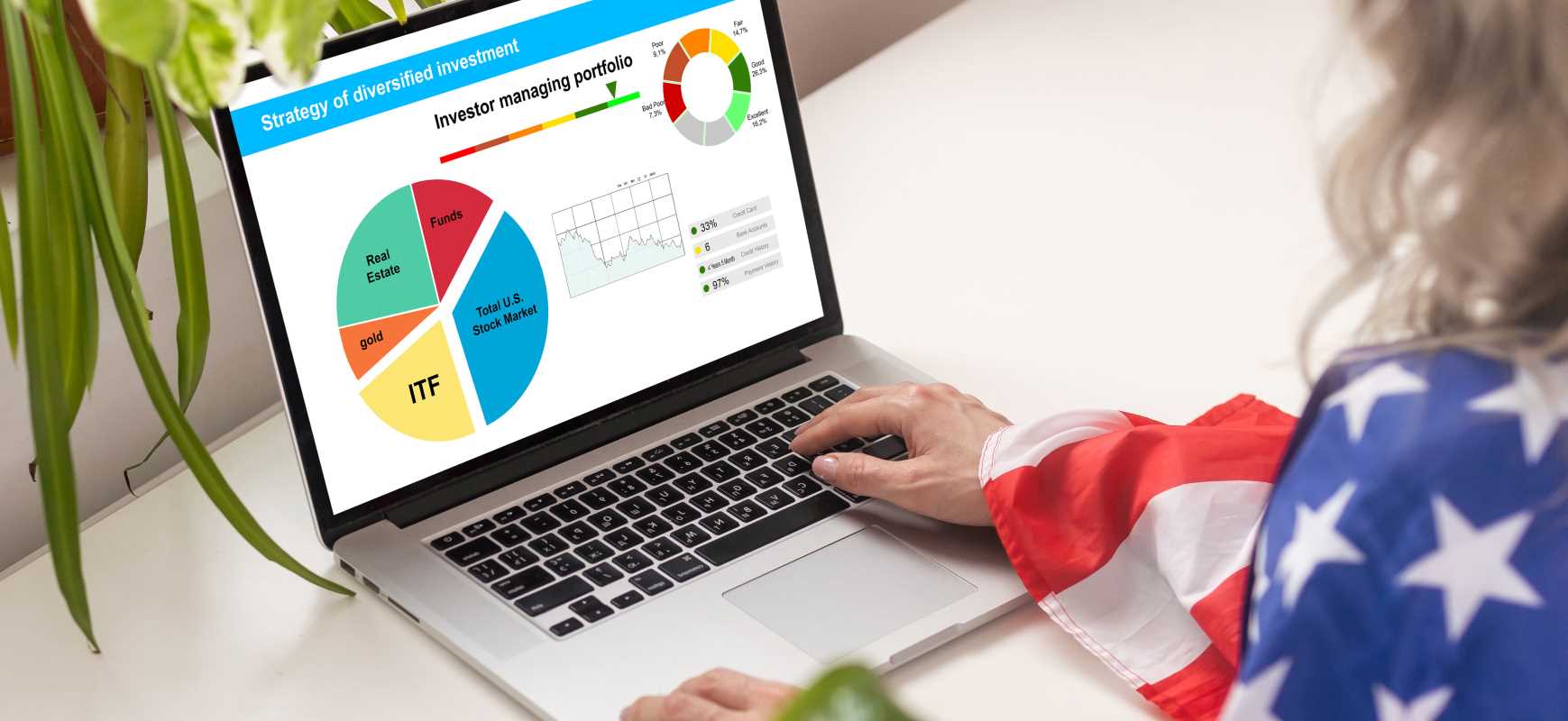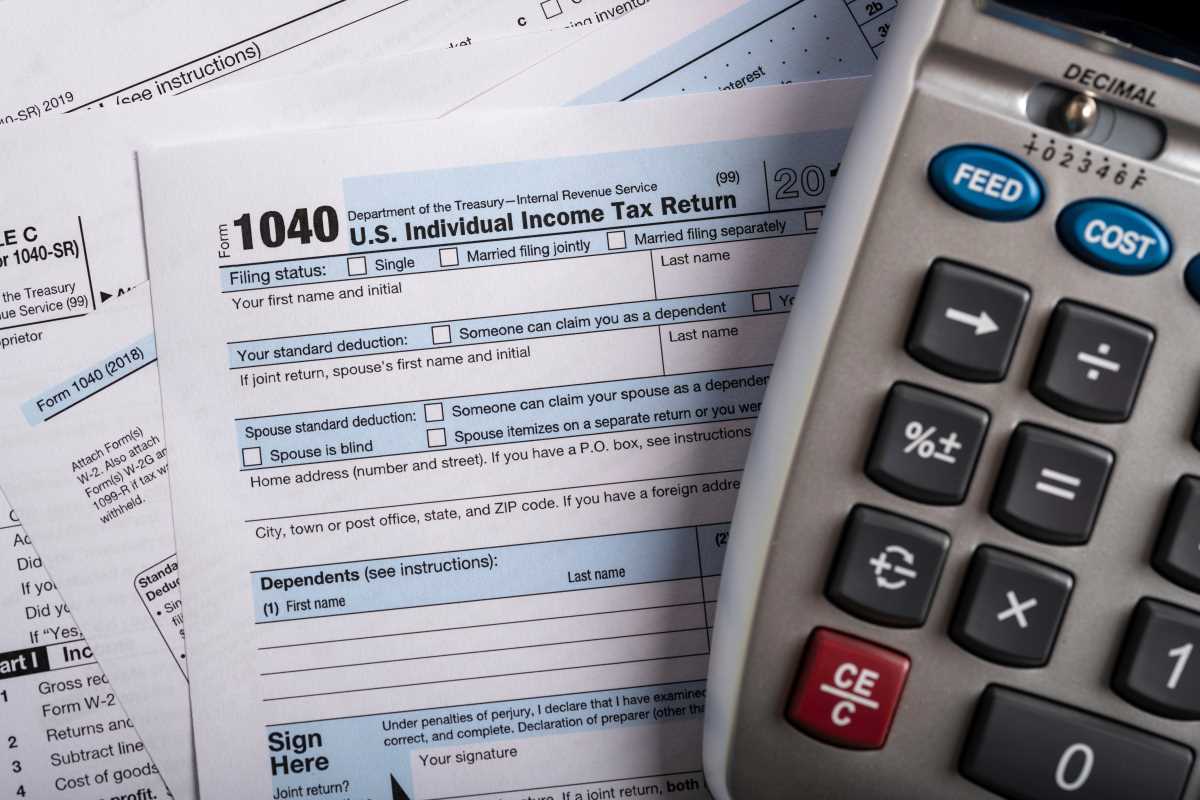Grocery bills are often one of the most significant household expenses. With prices steadily rising and inflation affecting costs, many are looking for ways to reduce grocery spending without sacrificing quality or nutrition. One effective method is smart freezer storage. The freezer can be your best ally in slashing your grocery bill, helping you stock up on deals, preserve leftovers, and reduce food waste. In this article, we’ll explore leveraging your freezer to its full potential and saving money while keeping your meals fresh, healthy, and delicious.
The Benefits of Freezer Storage
Freezing food is an excellent way to preserve ingredients for long-term use. But beyond just storing leftovers, there are a variety of ways you can use your freezer to save money and avoid frequent grocery store trips. Here are some of the key benefits of incorporating freezer storage into your food strategy:
- Reduce Food Waste: Freezing allows you to extend the life of fresh produce, meats, and leftovers that would otherwise spoil quickly. Instead of throwing away food that has gone bad, you can store it in the freezer and use it later.
- Take Advantage of Sales: Freezing allows you to take advantage of sales and buy in bulk. If a favorite product goes on sale or if a particular food item is abundant in season, you can purchase more than you need and freeze it for later use.
- Time and Energy Savings: By cooking in bulk and freezing portions, you can save time during the week when you need a quick meal. It can also save energy by minimizing the number of times you need to cook. You’re also reducing the frequency of grocery store trips, saving time and money.
Freezing Foods for Maximum Savings
To fully utilize your freezer, it’s important to know which foods freeze well and how to store them properly. Some foods are better suited for freezing than others, so being strategic about what you freeze can help you save money.
- Meat and Poultry: Meat and poultry are some of the most expensive grocery items, but freezing them allows you to buy in bulk when there’s a sale. When freezing, portion out your meats into meal-sized portions, wrap them tightly in plastic or aluminum foil, and place them in freezer bags to prevent freezer burn.
- Vegetables: Freezing vegetables is one of the best ways to save money, especially when fresh produce is in season and at a lower price. Most vegetables, such as peas, corn, spinach, and green beans, freeze well after blanching them briefly in hot water to preserve their nutrients and color. Once blanched, immediately plunge the vegetables into ice water and then freeze them in airtight containers or freezer bags.
- Fruits: Like vegetables, fruits freeze well and can be used in smoothies, desserts, or as a topping for oatmeal or yogurt. Freeze berries, bananas, and mango chunks individually on a tray before transferring them to a bag or container to prevent them from clumping together.
- Prepared Meals: One of the best ways to make use of your freezer is to prepare full meals and freeze them for later. Dishes like casseroles, soups, stews, lasagna, and even pasta sauces freeze well and can save you both time and money in the future. Be sure to store them in freezer-safe containers or bags, and label them with the contents and date.
- Bread and Grains: Bread, rice, pasta, and even tortillas freeze well. If you often find yourself with stale bread or leftover cooked rice, simply freeze them to use at a later time. You can toast or reheat bread and cooked rice, and pasta can be added to soups or stir-fries.
Smart Freezer Organization
Having a freezer packed with food won’t save you money if you can’t find what you need when using it. Efficient organization is crucial to getting the most out of your freezer. Here are some organization tips to help you stay on top of what you have in stock:
- Label Everything: Always label the contents of your freezer with the date and item inside. Freezer burn can cause food to lose its flavor and texture over time, so knowing what you have in your freezer will help you use older items first and avoid waste.
- Use Clear Containers: Whenever possible, use clear containers or freezer bags so you can easily identify the contents without having to dig through everything. This will save you time when you’re looking for a specific meal or ingredient.
- Create Categories: Organize your freezer by grouping similar items together. For example, keep vegetables in one section, meats in another, and prepared meals in a third. This makes it easy to access what you need without rummaging through the entire freezer.
- Prioritize Accessibility: Place the items you use most frequently at the top or front of the freezer for easy access. You don’t want to have to dig through frozen bags of peas to get to the chicken breasts at the bottom.
Meal Prep and Freezer Meals
One of the most significant ways to save time and money is through meal prep. Preparing meals in advance and storing them in the freezer allows you to avoid expensive takeout or last-minute grocery runs. This approach also ensures you always have a healthy and delicious meal ready to go.
- Batch Cooking involves Cooking in large quantities and dividing the meals into individual servings. The meals can then be stored in the freezer for later. Soups, stews, chili, casseroles, and pasta sauces are excellent choices for batch cooking.
- Freezer-Friendly Ingredients: Some ingredients, such as cooked rice, shredded cheese, or grilled chicken, are particularly freezer-friendly. They can be stored in separate portions and used to quickly assemble a meal. A quick stir-fry or rice bowl can be ready in minutes.
- Freezer-Friendly Snacks: You can also prepare snacks like muffins, granola bars, or energy bites and freeze them for easy access. These snacks are perfect for busy days when you need something quick and healthy.
Reducing Food Waste with the Freezer
By utilizing your freezer effectively, you can drastically reduce food waste. Here’s how freezing can help you make the most out of your food purchases:
- Preserve Leftovers: Freezing leftovers allows you to stretch your meals further. Instead of letting food go to waste in the fridge, freeze it and use it in the future. Label each item so you know when it was frozen and can rotate your stock.
- Prevent Spoilage: Many fruits and vegetables spoil quickly, but freezing them can help you preserve them for future use. If you notice produce starting to ripen too quickly, freeze it before it goes bad.
- Use Scraps Creatively: Don’t throw away vegetable peels, bones, or other kitchen scraps. Save them in the freezer to make broths, stocks, or compost.







